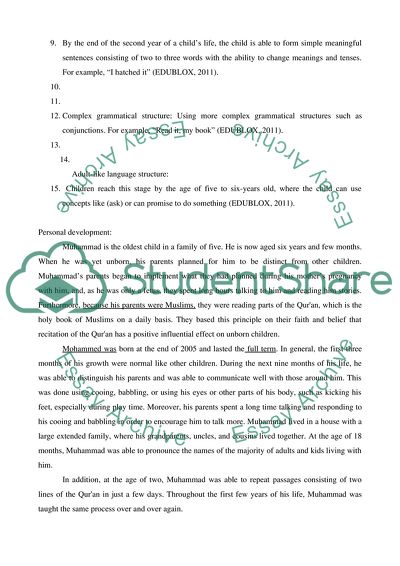Cite this document
(Personal development during early childhood Essay, n.d.)
Personal development during early childhood Essay. https://studentshare.org/medical-science/1771545-language-development-in-the-early-childhood
Personal development during early childhood Essay. https://studentshare.org/medical-science/1771545-language-development-in-the-early-childhood
(Personal Development During Early Childhood Essay)
Personal Development During Early Childhood Essay. https://studentshare.org/medical-science/1771545-language-development-in-the-early-childhood.
Personal Development During Early Childhood Essay. https://studentshare.org/medical-science/1771545-language-development-in-the-early-childhood.
“Personal Development During Early Childhood Essay”. https://studentshare.org/medical-science/1771545-language-development-in-the-early-childhood.


